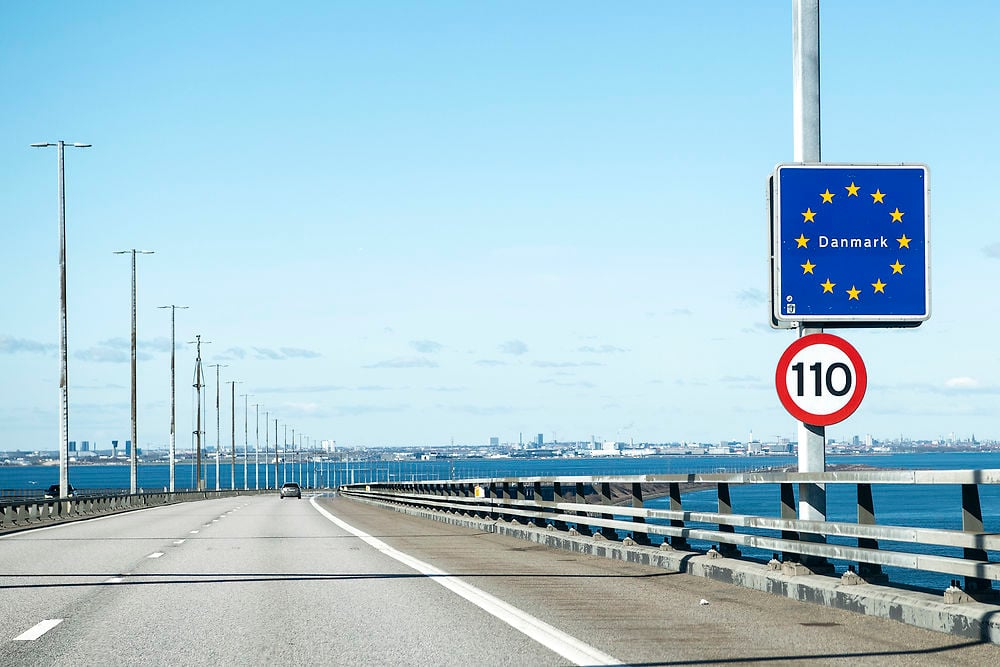The decision has been taken due to concerns over the risk of spread of the more infectious B1351 variant of Covid-19, the ministry said in a statement.
Residents in border regions have faced more flexible entry requirements than others to ease movement in and out of the country for work, business, study or private matters.
READ ALSO: These are Denmark's current Covid-19 travel restrictions
But authorities now believe there is an increased risk of spread of the B1531 variant, which was first detected in South Africa, via border areas.
As such, people entering Denmark from Schleswig-Holstein (Germany) and Skåne, Halland, Västra Götaland and Blekinge (Sweden) must have a ‘valid' reason for travel and a negative Covid-19 test taken with the last 72 hours. Previously, a test up to a week old was allowed.
The new requirement will take effect from Wednesday February 17th.
In addition to the requirement for a recent, negative Covid-19 test, people travelling into Denmark from abroad are required to take a new Covid-19 test within 24 hours of arrival and to self-quarantine for ten days, according to the current travel restrictions, which have been in place since February 7th.
However, exemptions to the entry test and quarantine requirements apply for people who live in Denmark but work or provide services in border regions, or visit loved ones there.
These exemptions remain in place after February 17th but will now require a negative test less than 72 hours old on entry (changed from the previous 7 days).
“It is important that people who live and work in the border regions can cross the borders and the government understands this. But it is also important to protect Denmark against virus variants that can create greater uncertainty in the epidemic. That’s why it is necessary to tighten the requirements for testing for people who move around the border areas,” health minister Magnus Heunicke said in the statement.



 Please whitelist us to continue reading.
Please whitelist us to continue reading.
Member comments